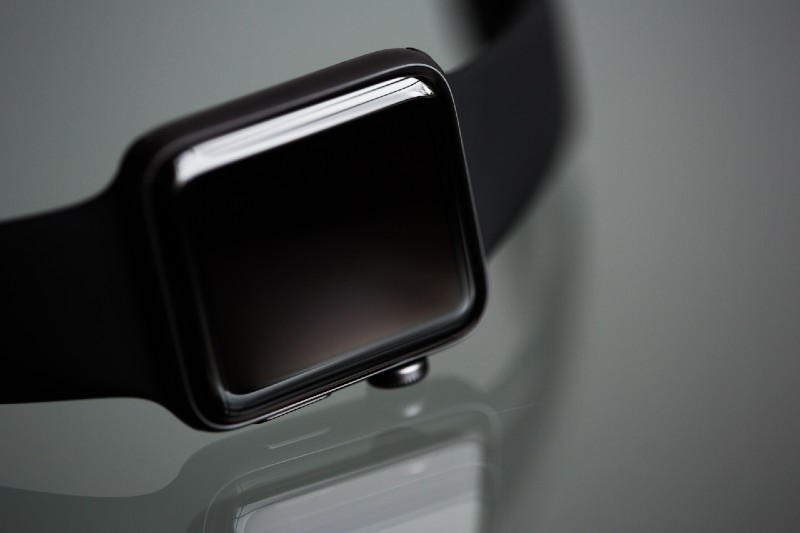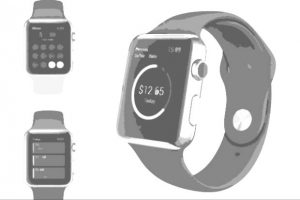
by medicaltechont | Jul 12, 2024 | Nurses
Canada faces significant healthcare access challenges, exacerbated by shortages of physicians, particularly in remote and underserved areas. Nurse practitioners (NPs) are increasingly recognized as a crucial part of the solution. These advanced practice nurses are capable of delivering comprehensive primary care services, including diagnosing illnesses, prescribing medications, and managing chronic conditions. By integrating nurse practitioners more extensively into the healthcare system, Canada can effectively ease the burden on physicians and improve access to timely medical services.
An Expanded Role?
Expanding the role of nurse practitioners is particularly beneficial in addressing healthcare disparities in rural and remote regions, where access to primary care providers is limited. This strategy not only enhances healthcare accessibility but also contributes to better overall health outcomes for Canadians. Furthermore, Canada’s experience with integrating nurse practitioners into primary care settings may offer valuable lessons for other countries grappling with similar healthcare challenges.
For further insights into the impact of nurse practitioners in Canadian healthcare and related issues, explore resources on how they address doctor shortages in Ontario and their role in meeting the long-term care needs of the Boomer generation. These articles provide valuable perspectives on leveraging nurse practitioners to enhance healthcare delivery and accessibility across different demographics and regions.

by medicaltechont | Jul 18, 2023 | AI, Technology
In recent years, the healthcare industry has witnessed an exponential growth in data generation and technological advancements. With the emergence of machine learning, healthcare providers now have a powerful tool at their disposal to enhance diagnoses, streamline patient data reviews, and automate outcomes.
Leveraging the vast amount of medical information available, machine learning algorithms can analyze patterns, identify correlations, and make accurate predictions, revolutionizing the field of healthcare.
Diagnoses Reinvented
Machine learning algorithms are transforming the way diagnoses are made, enabling healthcare professionals to make more accurate and timely assessments. By leveraging large datasets and powerful computational capabilities, these algorithms can analyze symptoms, medical history, and test results to identify patterns that might not be immediately apparent to human clinicians. Moreover, machine learning models can continuously learn and improve by incorporating new data, ensuring that diagnoses remain up-to-date and relevant.
Patient Data Reviews Revolutionized
Gone are the days of manual patient data reviews that consume valuable time and resources. Machine learning algorithms can sift through vast amounts of patient data, including medical records, imaging scans, and genetic information, to extract meaningful insights quickly. These algorithms can detect hidden patterns, correlations, and anomalies within the data, helping healthcare providers make informed decisions and identify potential risks. By automating the data review process, machine learning streamlines workflows, allowing clinicians to focus more on patient care.
Automated Outcomes Enabled by Machine Learning
With the advancement of machine learning techniques, the potential for automated outcomes in healthcare is within reach. By analyzing historical patient data, machine learning algorithms can predict the likelihood of different treatment outcomes for specific conditions. This information can assist clinicians in selecting the most effective interventions, optimizing patient care and improving overall outcomes. Moreover, machine learning algorithms can provide decision support systems that aid in personalized treatment plans, medication recommendations, and disease management.
Machine Learning – What It Is and How It Works
To learn more about machine learning and its applications in healthcare, check out this comprehensive guide – What is Machine Learning. It explains the core concepts of machine learning, such as supervised and unsupervised learning, and provides examples of how it is transforming various industries, including healthcare.

by medicaltechont | Jul 8, 2023 | AI, EHR, Healthcare, Microsoft, Software, Technology
Microsoft Corp. and Epic recently announced an exciting development in their strategic collaboration, aiming to revolutionize the healthcare industry. The two technology giants are combining their expertise to integrate Azure OpenAI Service with Epic’s industry-leading electronic health record (EHR) software. This collaboration unlocks the potential of generative AI, providing powerful tools for healthcare professionals.
Building upon their existing partnership, which allows organizations to leverage the Microsoft Azure cloud platform for running Epic environments, this integration marks a significant step forward.
By clicking here, you can delve into the details and explore the future possibilities this collaboration holds for the healthcare landscape.
“Microsoft is committed to creating responsible AI by design that is guided by a core set of principles: fairness, reliability and safety, privacy and security, inclusiveness, transparency, and accountability.”
Click here for more details.

by medicaltechont | Mar 19, 2022 | Cloud, data, hackers, Privacy
Thousands of databases stored in the cloud have been found to be unprotected and exposed to anyone with a browser. These mobile applications ranged from 10 000 or more downloads to 10 million or more downloads, and sensitive data exposed included personal family photos, token IDs on a healthcare applications, data from crypto-currency exchange platforms and more.
Lotem Finkelsteen, head of Threat Intelligence and Research at Check Point Software, says his team found the exposed databases by using Google’s free online tool VirusTotal, which analyses files and URLs to detect viruses, trojans, and other forms of malware.
The amount of data that sits openly and that is available to anyone on the cloud is crazy. It is much easier to breach than we think.
Click here to read more.

by medicaltechont | Jun 19, 2021 | Apple, Apple Watch, Healthcare, Technology
 The WWDC presentation was jam-packed with new capabilities for its hardware devices. Its initial Health app, released in 2014, contained personal health and wellness updates; pushing Apple into the healthcare arena. It’s difficult to judge the impact of Apple’s work in these areas at the moment, and health-related product announcements aren’t always as big as user interface changes. Apple’s main focus is to collect health data from your iPhone, Apple Watch, and other apps so you can keep track of your progress in one location. Apple’s devices are able to track your steps and walking; while running distances are automatically monitored by Health. You can look at long-term patterns or go into the nitty gritty of a variety of health parameters.
The WWDC presentation was jam-packed with new capabilities for its hardware devices. Its initial Health app, released in 2014, contained personal health and wellness updates; pushing Apple into the healthcare arena. It’s difficult to judge the impact of Apple’s work in these areas at the moment, and health-related product announcements aren’t always as big as user interface changes. Apple’s main focus is to collect health data from your iPhone, Apple Watch, and other apps so you can keep track of your progress in one location. Apple’s devices are able to track your steps and walking; while running distances are automatically monitored by Health. You can look at long-term patterns or go into the nitty gritty of a variety of health parameters.
I have an Apple Watch and find it to be one of the most useful and adaptable gadgets available. With so many other companies on the market, Apple has delivered a solid and reliable device focused on the user experience while continuing to advance in healthcare by leaps and bounds. Apple’s devices can monitor your steps, walking, running distance, heart rate and nutrition; along with providing additional information on sleep analysis, heart rate variability and weight. During the pandemic, there have been several changes, including a shift in how we collect information about our health. With this shift Apple stated that privacy and security are an important aspect of the value of its products.
Apple will continue to be present as we move forward, providing a more consistent application of care. Want to watch the entire WWDC presentation? Click here.






 The
The 